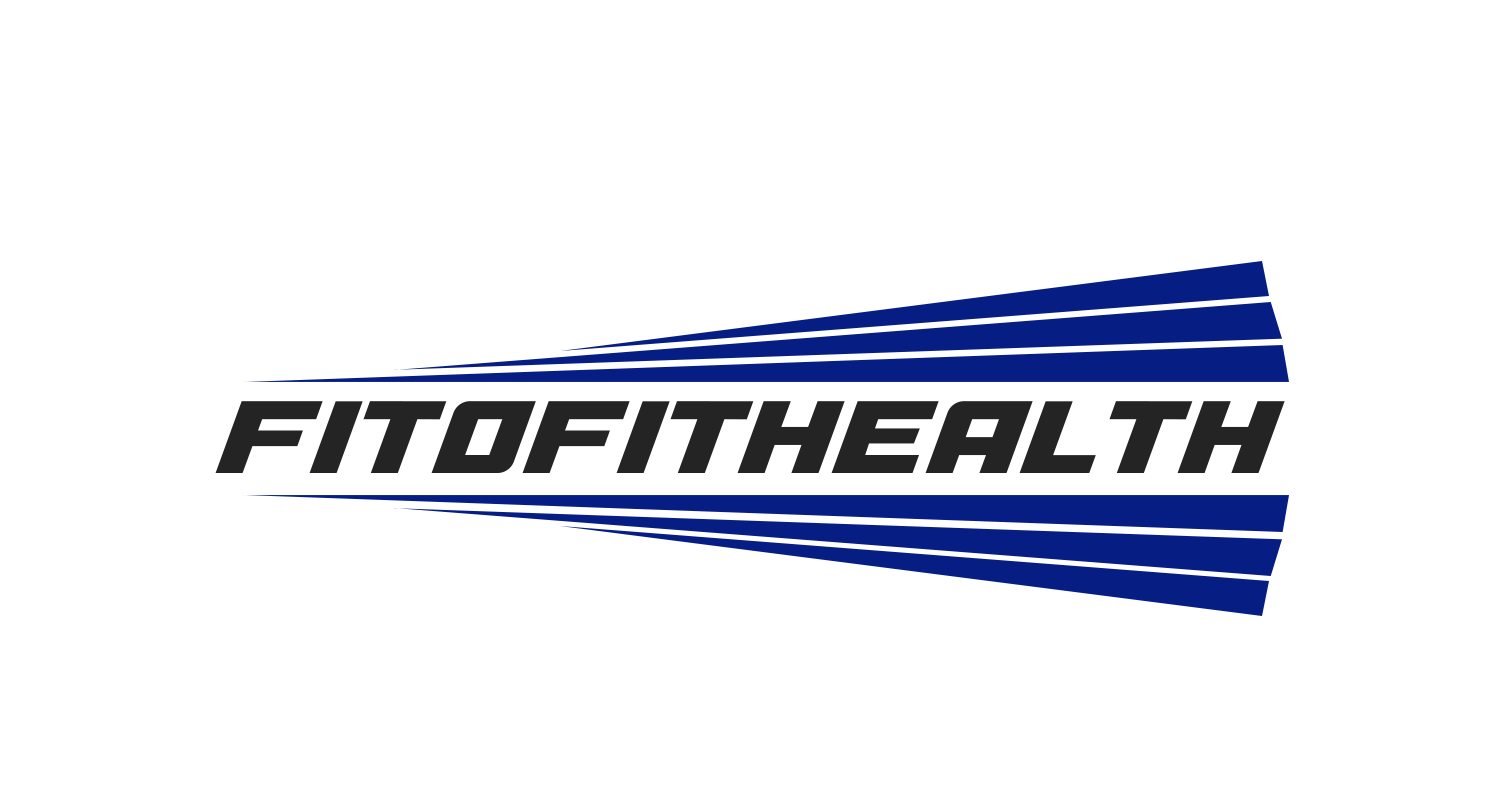It’s time for standard clinical experts to verify the scientific research behind their medicine by demonstrating effective, harmless, and budget-friendly client end results.
It’s time to revisit the scientific approach to deal with the intricacies of alternative therapies
The U.S. federal government has belatedly confirmed a reality that numerous Americans have actually understood personally for decades – acupuncture jobs. A 12-member panel of “specialists” educated the National Institutes of Health (NIH), its sponsor, that acupuncture is “clearly efficient” for dealing with particular conditions, such as fibromyalgia, tennis arm joint, discomfort complying with dental surgery, queasiness while pregnant, and also nausea or vomiting and vomiting related to radiation treatment.
The panel was less encouraged that acupuncture is suitable as the sole treatment for frustrations, asthma, dependency, menstrual aches, as well as others.
The NIH panel stated that, “there are a number of situations” where acupuncture works. Since the treatment has fewer negative effects and is less invasive than traditional treatments, “it is time to take it seriously” as well as “increase its usage right into traditional medicine.”.
These advancements are normally welcome, and also the field of natural medicine should, be pleased with this dynamic step.
However underlying the NIH’s recommendation as well as qualified “legitimization” of acupuncture is a deeper problem that has to come to light- the presupposition so ingrained in our culture as to be practically unnoticeable to almost one of the most critical eyes.
The presupposition is that these “professionals” of medicine are entitled and certified to criticize the clinical and also restorative merits of natural medicine methods.
They are not
The issue rests on the definition and also scope of the term “scientific.” The information has plenty of grievances by intended medical professionals that alternative medicine is not “scientific” as well as not “confirmed.” Yet we never hear these professionals take a moment out from their vituperations to check out the tenets and assumptions of their cherished scientific technique to see if they are valid.
Once again, they are not
Medical historian Harris L. Coulter, Ph.D., writer of the site four-volume background of Western medicine called Divided Tradition, first informed me to an important, though unacknowledged, distinction. The concern we should ask is whether traditional medicine is scientific. Dr. Coulter says well that it is not.
Over the last 2,500 years, Western medicine has actually been divided by a powerful schism between two opposed means of checking out physiology, health, and healing, claims Dr. Coulter. What we now call traditional medicine (or allopathy) was when referred to as Rationalist medicine; natural medicine, in Dr. Coulter’s background, was called Empirical medicine. Rationalist medicine is based upon factor and dominating theory, while Empirical medicine is based upon observed realities as well as the real world experience – on what works.
Dr. Coulter makes some surprising monitorings based upon this difference. Standard medicine is unusual, both in spirit as well as framework, to the scientific method of examination, he claims. Its concepts continuously change with the current breakthrough. The other day, it was bacterium concept; today, it’s genes; tomorrow, who recognizes?
With each transforming fashion in medical idea, conventional medicine needs to toss away its now out-of-date orthodoxy as well as enforce the new one, until it gets altered again. This is medicine based on abstract theory; the truths of the body have to be contorted to conform to these concepts or rejected as irrelevant.
Physicians of this persuasion approve a dogma on faith and enforce it on their clients, until it’s verified wrong or unsafe by the next generation. They get lugged away by abstract ideas and also neglect the living clients. Therefore, the diagnosis is not directly attached to the treatment; the link is more a matter of guesswork than scientific research. This technique, says Dr. Coulter, is “inherently imprecise, approximate, and unstable-it’s a conviction of authority, not scientific research.” Also if a strategy rarely works at all, it’s kept on the books due to the fact that the theory claims it’s excellent “science.”.
On the other hand, professionals of Empirical, or alternative medicine, do their homework: they examine the individual clients; figure out all the contributing reasons; note all the signs; as well as observe the results of therapy.

